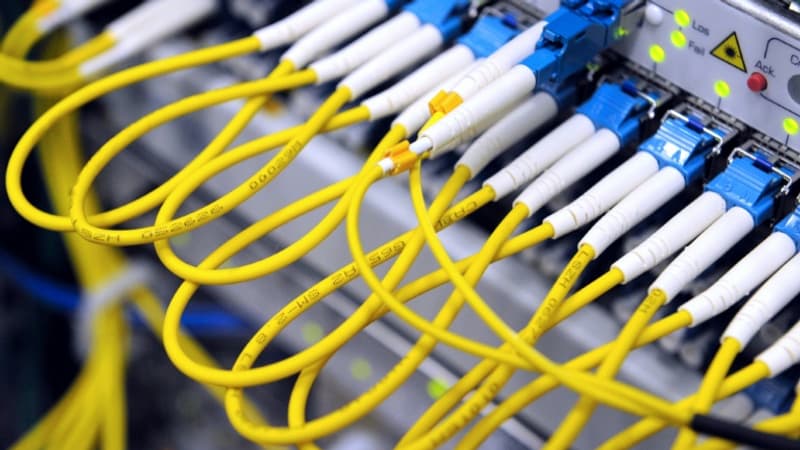Almost one in five households, or 11.8 million consumers, still lacks a “real” very high-speed Internet connection, according to a study published Tuesday by UFC-Que Choisir, which advocates in particular for the creation of “an enforceable right” to quality Internet access.
Launched in 2013 so that all French people have a super-fast internet connection and for France to speed up the installation of fiber optics on its territory, the French government’s very high speed (THD) plan has mobilized almost 36 billion euros in public investment and private companies in ten years, according to France Strategy, an organization attached to Matignon.
Victims of the digital divide
“If the official figures show that the objective has been achieved”, UFC-Que Choisir stresses that their study “requires, however, to mitigate the satisfaction of the government”, while for 17.2% of households, or 11, 8 million consumers, access to this very high speed (speed greater than 30 Mbits/s) “is only possible by subscribing to offers through hertzian technologies (fixed 4G, THD radio) or satellite”.
At the end of 2022, the number of very high-speed subscriptions was estimated at 21.5 million, according to the Telecommunications Regulatory Authority (Arcep), including 18.1 million in fiber optics.
The “great fiber project”
The government has announced the goal of a “generalization” of fiber optics by 2025, while the historic copper network of the operator Orange, the only source of access to the telephone network for several million French people, must be closed by 2030.
“We must find an agreement” between the State, the operators and the communities to assume the remaining “challenges” of the “great fiber project” and distribute the financial effort “in an equitable and fair manner,” the Minister declared on Wednesday. The delegate for the Digital Transition, Jean-Noël Barrot, before the Economic Affairs Committee of the Senate.
To fight the digital divide and allow “real” very high-speed access for all consumers, UFC-Que Choisir advocates in particular for “an enforceable right” to quality Internet access, “based both on the determination by law of minimum speeds that consumers should benefit from, and the compensation they should receive if those speeds are not reached”.
Source: BFM TV


